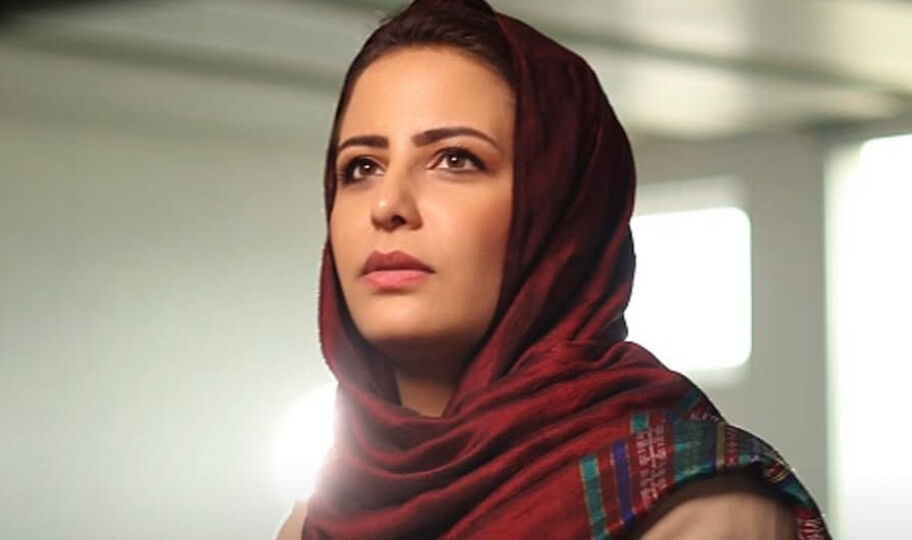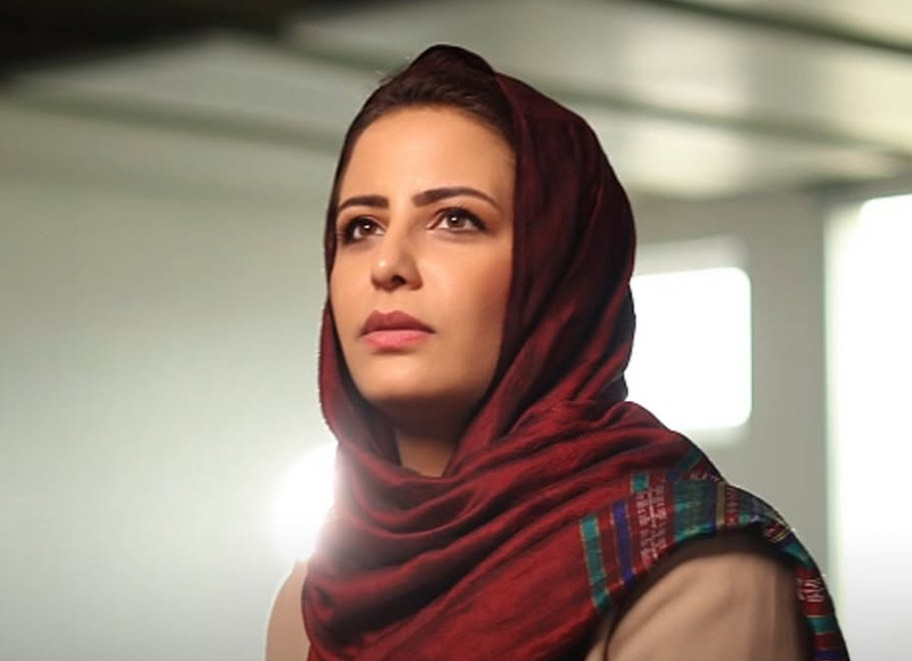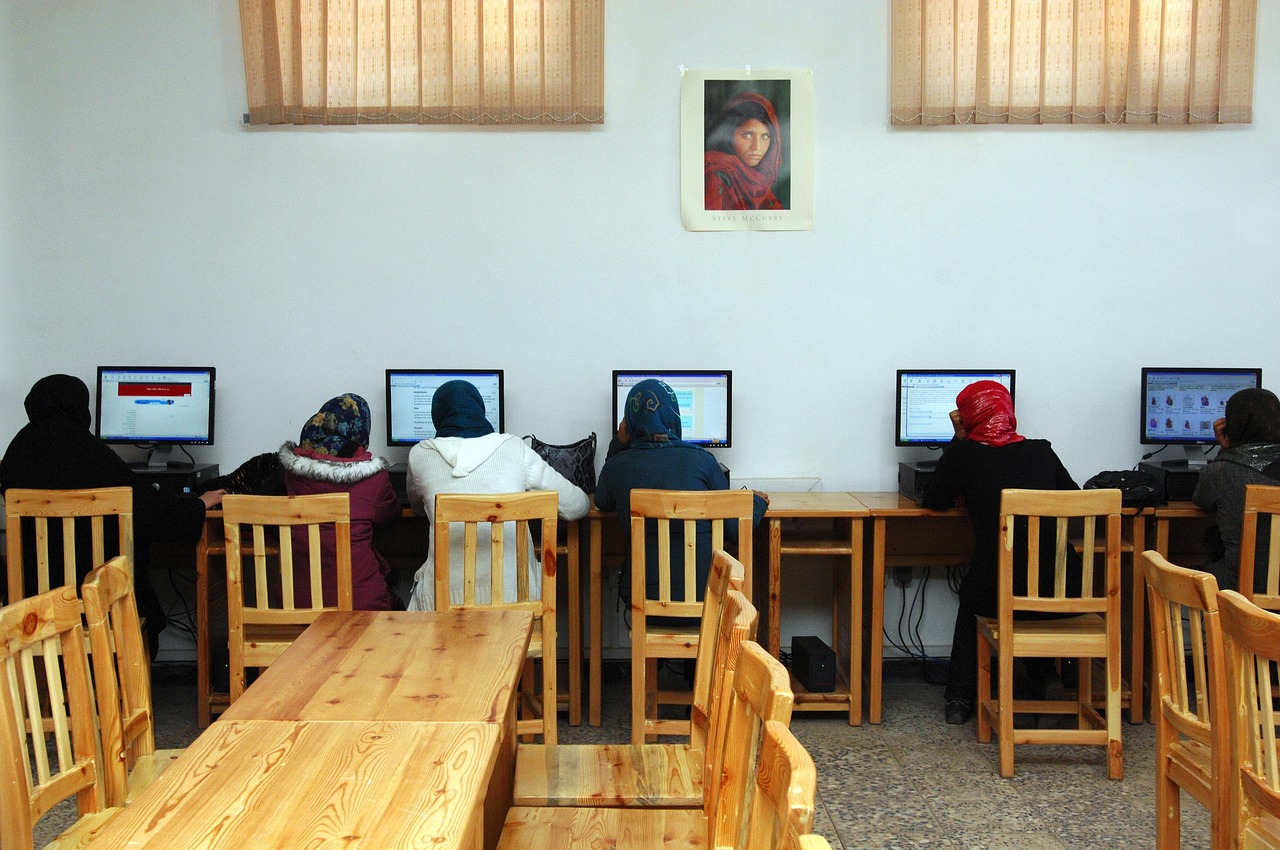
Four years after the return of the Taliban to power, Afghanistan remains gripped by one of the world’s gravest human rights crises. What began with promises of moderation and inclusion has instead hardened into repression, exclusion, and violence. Institutions of justice and civic life have been dismantled, dissent has been silenced, and freedoms that Afghans had worked to build over two decades have been brutally erased.
For women and girls, this collapse has been even more devastating. Afghanistan today is the only country in the world where women are banned from secondary and higher education. They have been erased from most forms of employment, driven out of public spaces, and forced to rely on male guardians for even the most basic aspects of daily life. Entire generations of Afghan women are being denied their rights, their voices, and their futures.
At the same time, international attention has waned, leaving Afghan women increasingly isolated under a system of deepening repression. And yet, despite these extreme conditions, Afghan women continue to resist—finding ways to speak, to organise, and to defend rights, often quietly and at great personal risk. Their courage, determination, and resilience demand our attention and solidarity.
It is precisely these voices that this interview seeks to amplify. In partnership with OMCT, we are proud to share the reflections of Negina Yari, an International Board member of WILPF to South Asian Countries, and the Founder of Window for Hope Network. Through her words, we not only hear the stark realities faced by Afghan women but also their unwavering commitment to justice, equality, and dignity.

Can you describe what it means to be a human rights defender in Afghanistan today? What are the main challenges you face, and what keeps you going despite them?
Being a human rights defender in Afghanistan today is both complex and painful to describe. In many ways, there are “many answers and no answers at all.”
Recently, for example, the Taliban announced a complete ban on women’s education, even in the few courses that were still permitted until last week. This decision has a devastating impact, not only on women themselves, but also on families, on the health sector, and on Afghan society as a whole. What we are witnessing goes beyond a human rights crisis: for women, there are simply no rights left. But it is not only women who suffer; all Afghans are impacted by these restrictions. Access to health, protection systems, and basic freedoms is almost non-existent. None of us are protected, none of us truly enjoy any kind of rights.
For me personally, this work has also changed dramatically. In the past, being part of civil society was a passion. I believed in building a different future for my country, creating safe and healthy spaces for people. Today, this passion has turned into a responsibility, even a duty. Much of my time is now dedicated to voluntary work, which is very difficult for outsiders to fully understand.
The challenges are immense. Human rights defenders on the ground lack protection, training, and networks. They are not even safe digitally. Journalists are imprisoned as if it were normal, and this reality is often underestimated by international partners. The lack of tools, knowledge, and support makes defenders’ work almost impossible. Even basic training is out of reach under the Taliban regime.
The diaspora faces its own challenges. While the community is not very large, it struggles with reintegration. Many feel lost, carrying different kinds of pressure while trying to adapt to new realities abroad. There is an urgent need for reintegration programs and stronger connections with those still inside Afghanistan.
Civic space in Afghanistan is shrinking, especially for women. The Taliban’s intelligence has full control, and even international projects are forced to coordinate with them. For those of us operating underground, the risks are enormous, and many end up working in silos. I try to stay connected with all layers and collaborate with organisations that support women on the ground.
What I see is that the harder the Taliban makes the laws, the stronger women’s resilience becomes. Their message is: “Do whatever you want, but you cannot stop me.” In the beginning, gatherings of women were still possible, even up to a hundred people, but step by step, the space has narrowed. First we couldn’t meet in restaurants, then gatherings had to move online, and later even family gatherings or weddings became difficult spaces for discussion. Despite all of this, women keep finding ways to resist.
I check in daily with women on the ground, often late at night, to make sure they are safe. As long as they are ready to take the risk, I cannot stop supporting them. But the repression is heavy. Families are pressured when a woman is arrested, sometimes forced to pay money. Still, women continue to organise underground classes for girls, or small meetings for civil society.
Now, we are trying to introduce new tools, including AI-based protection tools, to help women protect themselves and exchange information safely. Some of these technologies allow evidence to be stored securely, even if phones are checked. Trainings and capacity building are essential, because women need all the possible means to stay safe and connected.
The international community, unfortunately, is not paying enough attention anymore. Afghanistan is no longer at the centre of discussions. But on the ground, women are doing everything they can simply to exist, to resist, and to keep the hope of rights alive.

For defenders who still run organisations or projects in Afghanistan, there can be dilemmas, accusations, misunderstandings, and serious risks. How have you navigated these challenges?
Navigating these challenges is never easy. For me, the first priority is always the protection of defenders who are part of our network. After that, I try to bring their voices onto international advocacy platforms, so that their struggles are not invisible. This work comes with a lot of stress and personal challenge, sometimes you feel totally lost. The methodology is different every time: we use mentorship to support activists who are suffering trauma, including those who have been jailed, those still inside Afghanistan, and those who manage to leave.
For women in particular, we make sure to always include both men and women in the work, while providing protection strategies and building capacity. We try to respond to whatever risks they are facing, whether general threats, gender-specific risks, or financial challenges. Small funds can make a big difference to ensure sustainability.
Another issue we face now is the crisis of returns from Iran and Pakistan. We collect data on the ground and provide this information back to UN systems, while also supporting human rights defenders returning from these countries. Sometimes this means finding alternative ways to help them leave again, or creating protection pathways.
Much of our work is based on a local, community approach, women to women, house to house, small group by small group. We send trusted defenders into communities to talk, listen, and facilitate mentorship. This kind of direct, personal connection is often the only way to keep organisations and individuals going under such difficult circumstances.
Leaving Afghanistan often means losing a significant part of one’s identity and purpose. When you have invested years in building a career, creating a strong community network, and advocating for human rights, being forced to leave everything behind, your people, your career, your network, is incredibly difficult. Many people outside Afghanistan may not fully understand this experience. They may respect the decision and be grateful for the opportunities offered in the host country, but the personal cost of leaving is immense. Often, one departs with just a few belongings, sometimes only two or three pieces of clothing and some boxes, leaving behind a lifetime of work.
Yet, even in exile, the work does not stop. For some, leaving provides a unique platform. Being outside Afghanistan allows them to raise awareness and speak to international audiences in ways that are not possible at home. There is a responsibility to represent both the diaspora and the broader struggle for human rights, particularly for women. What is happening in Afghanistan resonates globally; the fight for women’s rights there reflects broader challenges faced by women in conflict zones around the world. Resilience, in this sense, is not just personal, it is a symbol for all women enduring the consequences of war and oppression, a call to policymakers everywhere.
It is also essential to recognize and support those who remain in Afghanistan. Their courage and dedication require resources, solidarity, and recognition. Relocation should not overshadow those who continue the struggle on the ground.
Regarding the relocation of Afghan human rights defenders (HRDs), the process has often been reactive rather than proactive. The Taliban’s takeover was foreseeable, yet the international response lacked urgency. Moving forward, it is critical to speed up relocation processes and provide comprehensive support for HRDs still in Afghanistan, including funding transparent organizations that can deliver aid effectively.
Relocation, while difficult, has had positive effects. It has created new opportunities for advocacy, provided access to policymakers, and amplified the voices of those who could not speak safely within Afghanistan. Physical absence does not diminish the passion, responsibility, or vision these defenders hold for their country’s future. In fact, many feel an even greater sense of responsibility to continue the work from abroad, to bridge gaps, and to mobilize international support.
Ultimately, relocation is not just a personal necessity, it is a strategic decision to strengthen the global movement for human rights in Afghanistan. It allows defenders to continue their work, create connections, and support those who remain, while keeping their vision for a just and free Afghanistan alive.
The international community has both the responsibility and the tools to bring Afghanistan back to the center of global discussion. Right now, too often, the approaches are fragmented, reactive, or fail to reflect the realities on the ground. We need out-of-the-box thinking—policies and strategies that are creative, practical, and inclusive.
Women must be at the table of every discussion that affects Afghanistan’s future. For how long can we continue to be treated as “option B”? Too many critical decisions happen behind closed doors, while those most affected, the women of Afghanistan, are left out. The international community must actively invite women’s expertise, both from those living in Afghanistan and from the diaspora, into these conversations. Afghan women are at the forefront of the Taliban’s oppressive policies. It is only fair and effective that Afghan women be the central focus of the responses and solutions for Afghanistan with the support of international women rights organizations and international stakeholders.
Sustainability is also critical. The work of human rights defenders depends on consistent technical and financial support. People are needed now, and cutting funding hurts more the women led organizations the defenders and the communities they serve, not the Taliban. Policies must be relevant to Afghanistan and must be designed in consultation with Afghan women experts who understand the context. Thinking creatively and investing in people is not optional, it is essential if we want real, lasting impact.
As Afghanistan enters its fifth year under Taliban rule, amplifying the voices of those who continue to defend rights, often against impossible odds, is more urgent than ever. Their persistence reminds us that another future is possible, but it will require solidarity, resources, and principled international engagement.


